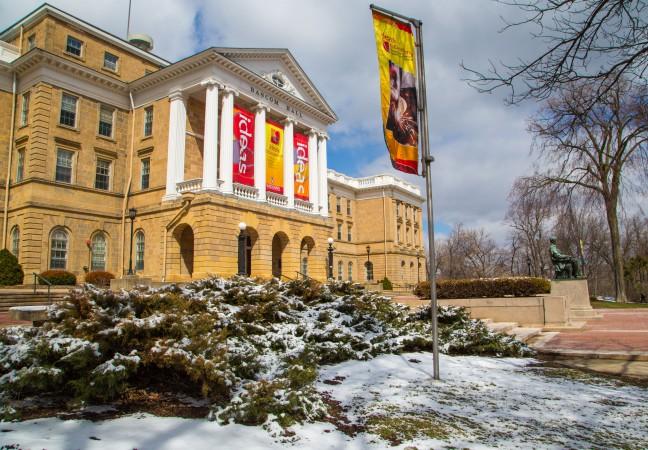Concern regarding increased centralized power for the Board of Regents was exacerbated Thursday as more information about the proposed University of Wisconsin System was brought to the forefront.
More information about the UW System public authority model was brought to light Thursday and further fueled a heated debate surrounding the potential shift to increased autonomy for system officials in exchange for decreased state funding.
This was among several changes detailed in a report released by the nonpartisan Legislative Fiscal Bureau Thursday that outlined the budget’s impact on the UW System.
UW-Madison educational policy professor Sara Goldrick-Rab said in an email her main concerns after reading the bureau’s analysis were around the switch to public authority. She said the aspects that the change puts at risk, including shared governance and faculty tenure, far overshadow the relatively small amount of money the system would save.
Sixteen out of 18 members of the Board of Regents are governor-appointed.
“[The legislators] do not have time to muck around in university affairs; historically they only do so when it appears really warranted and there is widespread support,” Goldrick-Rab said. “In contrast, the regents are appointed by the Governor, unaccountable to anyone specific, and they will be entirely focused on the work of UW System.”
Goldrick-Rab also said she worried the pace at which the legislature will likely pass the budget does not take into account the severity of the proposed changes and there will not be enough time for discussion with students, faculty and staff.
The speed at which the bill will become the official budget is too quick for anyone in the system to entirely understand exactly what it entails, Goldrick-Rab said.
“This is a switch deserving of serious ‘sifting and winnowing’,” Goldrick-Rab said. “And that’s not going to happen with this rapid budget bill process.”
Goldrick-Rab is a signatory of an open letter to UW System President Ray Cross detailing problems with the public authority model and asking Cross to come out against it.
Another signatory, Richard Grusin, a professor at UW-Milwaukee and director of the Center for 21st Century Studies, said he is concerned about the lack legal recourse faculty and staff will have immediately after the new budget goes into place.
“The LFB report makes it clear as of July 1, 2016 at 12:01 am all the protections currently in place are gone,” Grusin said.
Grusin said he was unsure if the time gap is an unintentional result of the Walker administration legislation or if the language is an intentional move to create a gap when neither state statutes nor Board of Regents policy would protect faculty and staff.
UW System spokesperson Alex Hummel said the regents are committed to protecting faculty and staff and the time gap is a normal part of the creation of the authority.
“It’s all part of the budget process and we have to see how it moves forward,” Hummel said. “The regents are committed to that process and the system is too and obviously the legislature is involved as well.”
A previous version of this story incorrectly referenced the start of the public authority model as July 1, 2015. The Badger Herald regrets this error.














